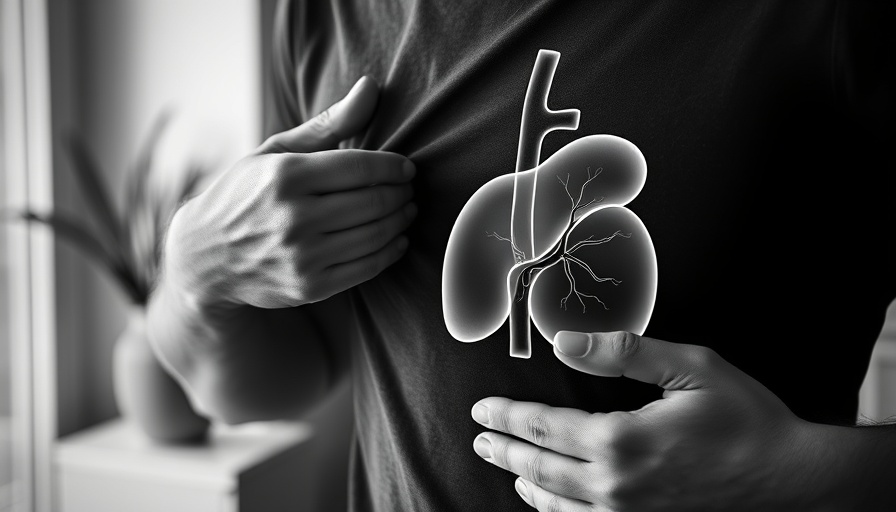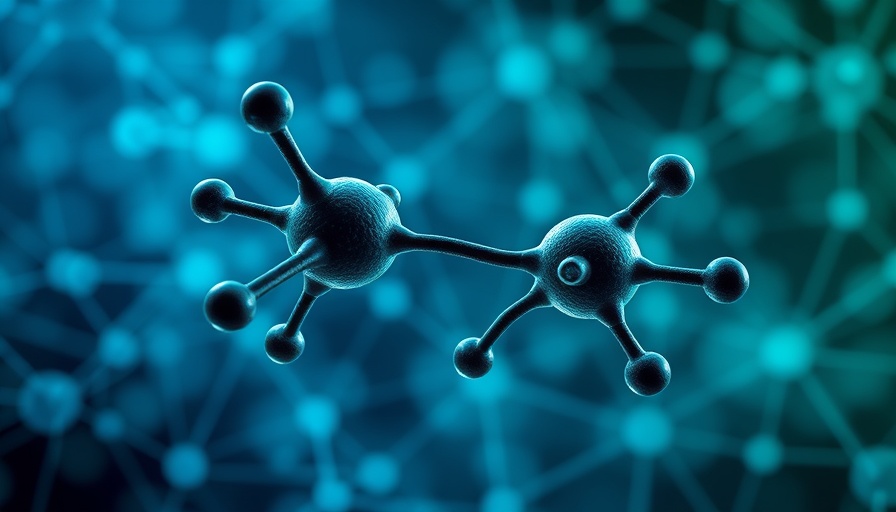
Understanding the Connection Between Liver Health and Diabetes
Diabetes and liver health are intricately linked, often influencing one another in ways that require careful management. Diabetes, characterized by high blood sugar levels, manifests mainly in two types: Type 1 and Type 2. The liver, a vital organ responsible for numerous metabolic processes, plays a fundamental role in regulating blood glucose levels. Therefore, understanding this relationship is crucial for effective diabetes management and preventing complications.
Type 1 and Type 2 Diabetes: Key Differences
Type 1 diabetes is an autoimmune condition where the body’s immune system attacks insulin-producing beta cells in the pancreas. This leads to minimal insulin production, necessitating insulin therapy for blood sugar control. In contrast, Type 2 diabetes primarily stems from insulin resistance, where the body’s cells fail to respond adequately to insulin. Over time, the pancreas struggles to maintain normal blood glucose levels, a situation often exacerbated by factors like obesity and lack of physical activity.
The Role of the Liver: More Than Just a Filter
The liver is the body’s largest internal organ, performing over 500 essential functions. One of its primary roles is glucose regulation. Through glycogenolysis and gluconeogenesis, the liver stores and releases glucose as needed, maintaining blood sugar levels.
Additionally, the liver detoxifies harmful substances, including alcohol and medications, and converts them into harmless forms for excretion. It also produces bile, crucial for fat digestion and absorption, and synthesizes proteins needed for blood clotting and maintaining fluid balance.
Diabetes and Liver Disease: A Bi-Directional Relationship
Diabetes significantly increases the risk of developing liver diseases, most notably non-alcoholic fatty liver disease (NAFLD). This condition is characterized by fat accumulation in the liver and can further progress to more severe ailments like non-alcoholic steatohepatitis (NASH), cirrhosis, and even liver cancer.
The interplay between diabetes and liver disease is bi-directional:
- Diabetes Leading to Liver Disease: Insulin resistance and elevated blood sugar levels foster fat accumulation within the liver, which triggers inflammation and fibrosis.
- Liver Disease Worsening Diabetes: Impairment of liver function can disrupt glucose metabolism, aggravating insulin resistance and complicating blood sugar management for diabetics.
Recognizing this complex connection is vital for effectively managing both diabetes and liver health. Regular monitoring of liver function and maintaining good glycemic control are indispensable strategies for individuals with diabetes to safeguard their liver health.
Common Misconceptions About Liver Health and Diabetes
There are various misconceptions surrounding liver health among people with diabetes. One prevalent myth is that liver disease is only a concern for individuals with a history of heavy alcohol use. However, the rise of conditions like NAFLD demonstrates that even those who consume alcohol moderately can face severe liver issues, especially when coupled with diabetes.
Moreover, some believe they can ignore liver health as long as their diabetes is under control. This perspective can be perilous since liver dysfunction can stealthily develop and significantly impact blood sugar regulation, leading to a dangerous cycle of worsening health.
Practical Tips for Maintaining Liver Health for Diabetics
Taking proactive steps to support liver health is essential for anyone living with diabetes. Here are several actionable tips:
- Adopt a Balanced Diet: Focus on low-sugar, high-fiber foods to maintain stable blood sugar levels while supporting liver function. Incorporate fruits, vegetables, whole grains, lean proteins, and healthy fats.
- Stay Active: Regular physical activity not only helps manage diabetes but also contributes to a healthy liver by promoting blood flow and reducing fat accumulation.
- Avoid Toxins: Limit exposure to toxins and unnecessary medications, and consult with healthcare providers about liver-friendly alternatives.
- Regular Check-Ups: Schedule routine evaluations with healthcare professionals to monitor liver function and receive personalized advice based on your health status.
By adopting these approaches, individuals can brick by brick build a robust foundation for both their diabetes management and liver health.
Fostering Awareness for Better Outcomes
Understanding the link between liver health and diabetes is crucial for anyone navigating these health issues. Staying informed allows individuals not only to make healthier lifestyle choices but also to advocate for their well-being.
This article aims to shed light on an often-overlooked relationship that can significantly influence health outcomes. As you take proactive steps toward managing your health, remember that awareness is a tool in your arsenal—one that empowers you to foster longevity and vitality.
 Add Row
Add Row  Add
Add 




Write A Comment